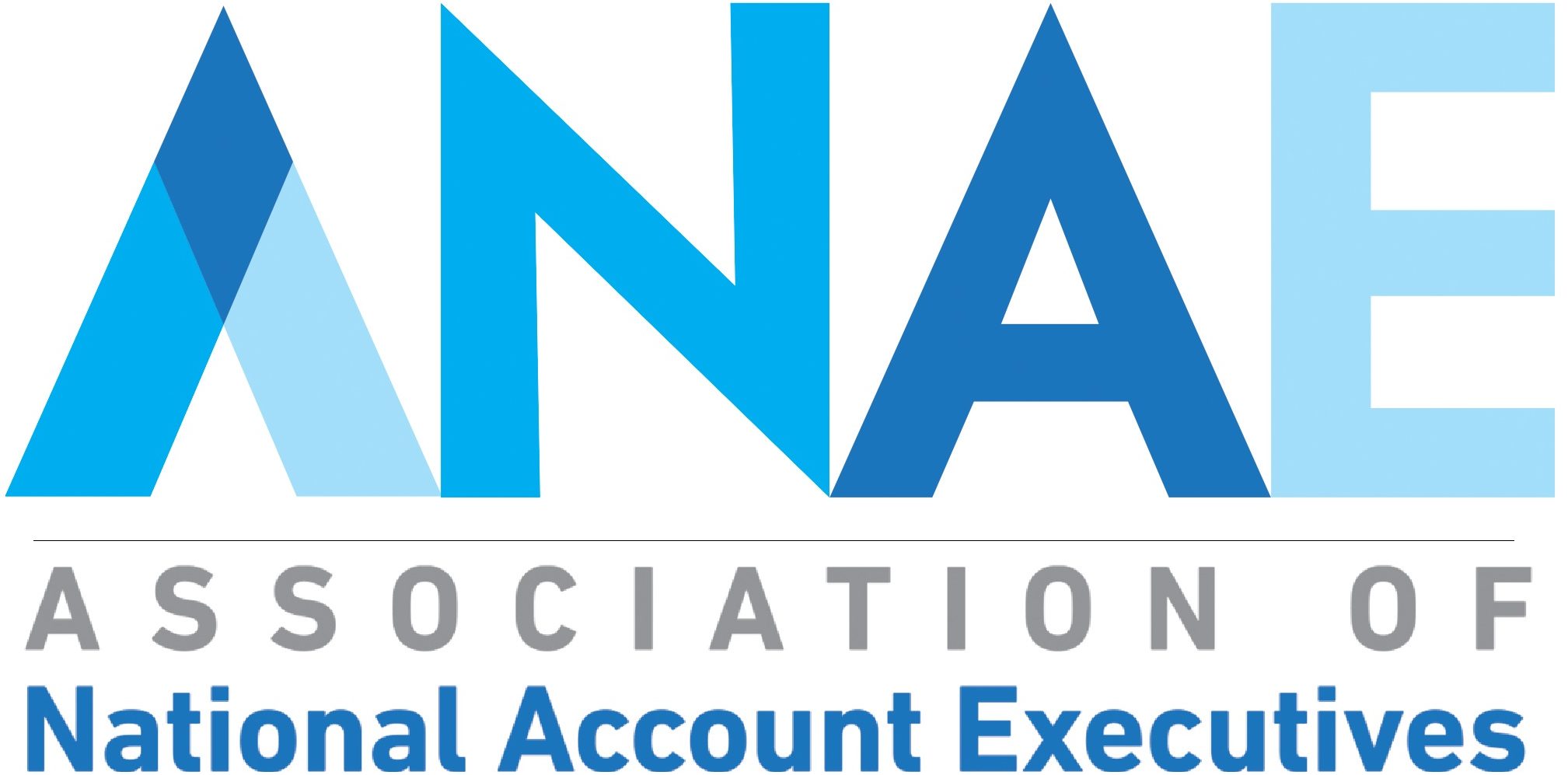 After 22 years on the supplier side of the table followed by a decade working for a GPO, Pete Allen has a pretty thorough understanding of all facets of healthcare contracting and national accounts. Pete started his career working for Kimberly Clark and BD. A decade ago, he was approached for a position at Novation – one of the companies that combined to create Vizient Inc.
After 22 years on the supplier side of the table followed by a decade working for a GPO, Pete Allen has a pretty thorough understanding of all facets of healthcare contracting and national accounts. Pete started his career working for Kimberly Clark and BD. A decade ago, he was approached for a position at Novation – one of the companies that combined to create Vizient Inc.
Though he didn’t plan on making the jump, he says he couldn’t pass up the opportunity. Despite his years of supply chain experience, he was still surprised by just how much there was to learn. In a recent podcast episode, John Pritchard, publisher of The Journal of Healthcare Contracting, talked candidly with Pete about his insights into each stakeholder’s role and motives.
The disconnect between suppliers and GPOs
In the past several years, GPOs have reinvented themselves. Today’s GPOs are emmeshed in so much more than just contracting – even though contracting is a huge part of their model. And yet, suppliers often hold some outdated notions of just what today’s GPO is capable of and what their new strengths are. Notably, suppliers often underestimate how powerful today’s GPOs are as “conveners” – bringing together different stakeholders to work on things like drug shortages.
Individually, health systems are neither staffed to tackle all the problems they encounter, nor do they have enough weight behind an issue or a large enough data set from which meaningful conclusions can be drawn, Allen says.
“So, a single health system’s outcomes data might be interesting, but it might not be rich enough to draw conclusions or write guidelines or influence policy,” he says. “But when you bring together 60% of the health systems in the country and you can combine and mine that data and draw conclusions and make recommendations or work on problems, it’s a lot richer. I think you [suppliers] lose track of how much the large GPOs are doing that isn’t [directly] related to the direct contracting business.”
Qualities of best-in-class national accounts teams
After working with thousands of companies and both sides of the table, Allen has narrowed down a few key things that distinguish the best from the rest:
1) Show up.
2) Make sure the customer is well represented inside your company
3) Introduce senior management to senior management
One of the classic blunders
While its important to emulate best practices, Allen also noted one of the major pitfalls companies should avoid in order to achieve success in contracting.
Know what types of contracting arrangements make sense for your company. “GPO relationships are not for everybody… The reality is that there are some markets that the GPOs have little to no impact on,” Allen warned. “[Either] the sale is too complex, the decisions are at call points that they don’t get to, or the markets are protected in some way, whether it’s patent protected or otherwise.”
Looking ahead
Although he sees a great deal of change ahead in the future, Allen says that the specifics might be hard to predict, “because I think the technology will advance in some markets faster than in others.” However, he did identity one shift he says is inevitable – increased marketplace transparency.
To back that up, he points out the stark contrast between purchasing experiences in the retail market vs purchasing in the healthcare supply chain
“If you and I both went to go buy an LG television on the internet today, we can get the same price. So, we would know what everybody charges,” he says. “Hospital systems are buying far less complex things and they still struggle to find out whether they’re getting a fair price – or if they’re getting even a relevant price in the marketplace, and it just doesn’t make sense… I would expect that the market’s going to move to more of a marketplace solution where there’s far less price discrimination per customer and way more transparency in the market.”
To listen to the complete National Accounts Today podcast with Pete Allen, click here
